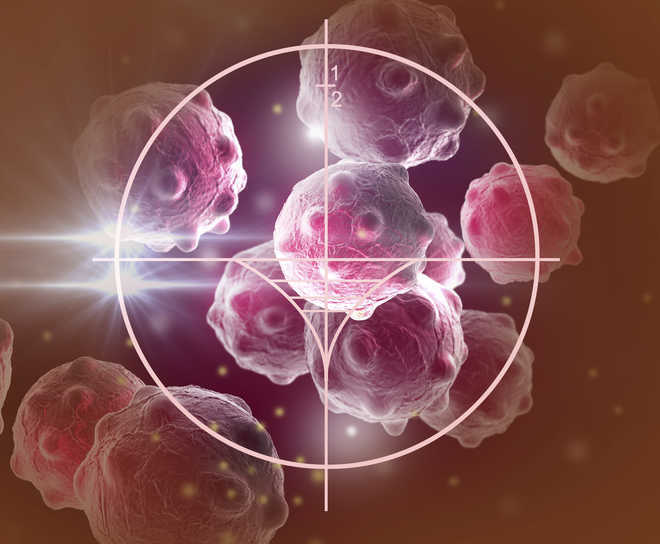
Stress hormone, and not neurons, manage the fixed circadian rhythm that controls everything from sleep needs to body temperature
London, November 10
Stress hormone, and not neurons, manage the fixed circadian rhythm that controls everything from sleep needs to body temperature, the researchers have found.
Our internal clock is controlled by some very distinct hereditary genes, known as clock genes. These genes are particularly active in the so-called suprachiasmatic nucleus area of the brain.
However, these areas of the brain are not directly linked by neurons, and this made researchers at the University of Copenhagen curious.
Using lab tests, the team demonstrated that the circadian rhythm is controlled by the stress hormone, corticosterone.
"In humans, the hormone is known as cortisol, and although the sleep rhythm in rats is the opposite of ours, we basically have the same hormonal system," said Associate Professor Martin Fredensborg Rath from the Department of Neuroscience.
In the study with the stress hormone corticosterone, the researchers removed the suprachiasmatic nucleus in a number of rats.
As expected, this removed the circadian rhythm of the animals.
However, the circadian rhythm of the cerebellum was restored when the rats were subsequently implanted with a special programmable micropump.
In this case, however, the researchers used the pump to emit doses of corticosterone at different times of the day and night, similar to the animals' natural rhythm.
"Nobody has used these pumps for anything like this before. So technically, we were onto something completely new," said Rath.
With the artificial corticosterone supplement, researchers were again able to read a rhythmic activity of clock genes in the animals.
"This is interesting from a scientific point of view, because it means that we have two systems - the nervous system and the hormonal system - that communicate perfectly and influence one another, all in the course of a reasonably tight 24-hour programme," Rath elaborated.
The researchers now plans to study other rhythmic hormones in a similar manner, including hormones from the thyroid gland.—IANS



























